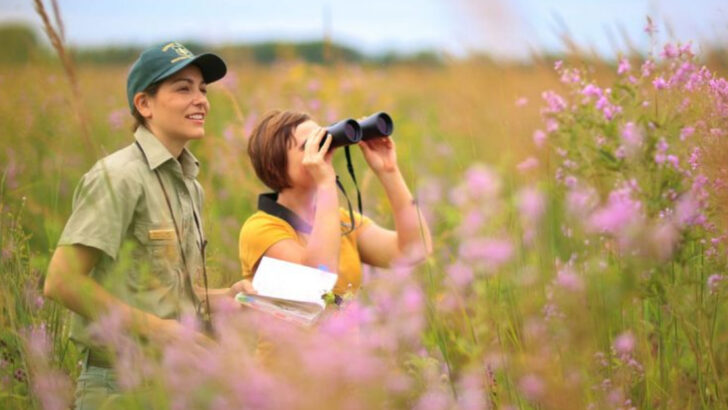You can’t spot a rare bird if you’re chasing squirrels with binoculars.
Beginner birdwatchers often dive in with wild enthusiasm—and zero game plan. The result? Spooked birds, missed sightings, and a lot of confused staring at trees.
That flash of feathers you thought was a warbler? Probably just a leaf. The owl you’ve been calling for hours? Long gone—because you brought snacks that crinkle.
Birdwatching isn’t just about patience. It’s about strategy, timing, and knowing what not to do.
Let’s fix the rookie blunders and get you closer to spotting those elusive, show-stopping species hiding right in your neighborhood.
Ignoring Local Bird Guides

Birding without guidance can be like wandering without a map. Local bird guides provide invaluable insight into native species and their habitats. Consulting these guides can significantly enhance your birdwatching experience.
They offer tips on where and when to spot various birds, increasing your chances of success. Seasoned birdwatchers often swear by these guides, making them an essential tool for both beginners and experts.
Don’t underestimate the wealth of information contained in these books, as they often include quirky local anecdotes and insider knowledge that you won’t find elsewhere.
Not Bringing Binoculars
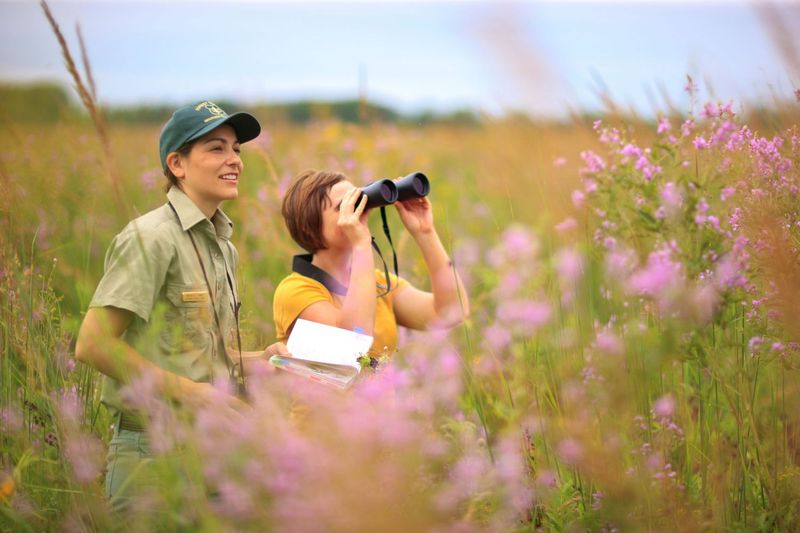
Have you ever found yourself squinting into the distance, trying to discern a bird’s features? Without binoculars, birds remain distant mysteries. Investing in a quality pair is crucial for a rewarding birdwatching experience.
Binoculars bring birds closer, revealing their intricate details and vibrant colors. They also make identifying species easier, turning what could have been a frustration into fascination.
Don’t forget to calibrate them to your vision; even the best binoculars are useless if they’re out of focus. Remember, clarity can make all the difference.
Skipping Early Mornings
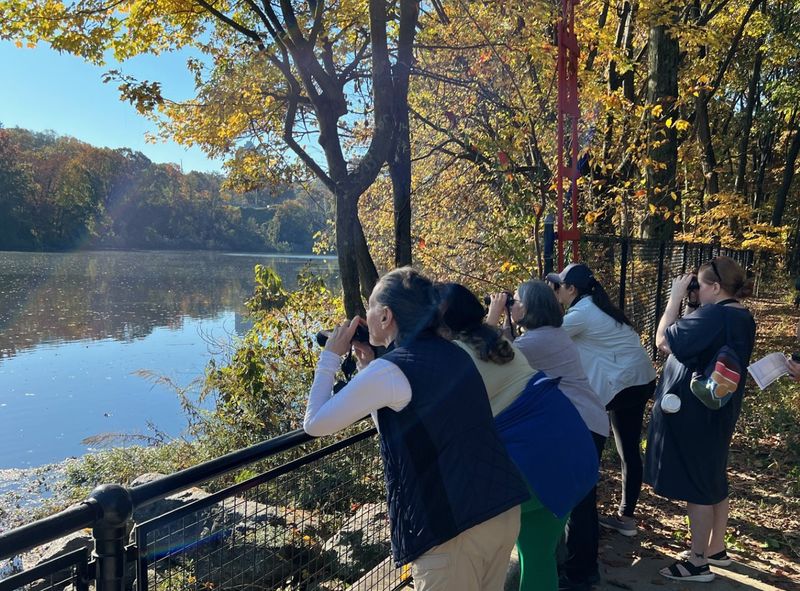
Early mornings are magical in the birdwatching world. Skipping dawn outings might mean missing the most active bird behaviors.
Birds are most vocal at sunrise, making it the ideal time to hear their diverse songs and calls. Additionally, cooler temperatures and soft light make for comfortable and visually pleasing excursions.
Experienced birdwatchers often rise with the sun, armed with coffee and enthusiasm. Don’t let those extra hours of sleep rob you of nature’s finest concert. Set that alarm and prepare to be amazed.
Overlooking Weather Conditions
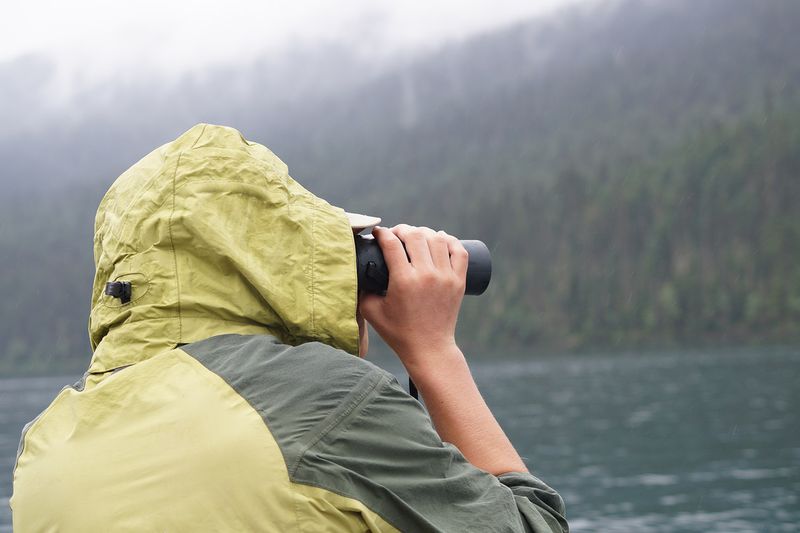
Weather can be an ally or an adversary in birdwatching. Many beginners fail to consider how conditions affect bird activity.
Windy days can send birds into hiding, while overcast skies often result in more visible bird movement. Rain can deter outings but also brings unique opportunities, such as witnessing birds drinking raindrops.
Savvy birdwatchers check forecasts and dress appropriately, embracing weather patterns to optimize their experience. A raincoat and patience may turn a gloomy day into a fruitful adventure.
Neglecting Bird Calls

Birds don’t just reveal themselves through sight; their calls are equally telling. Ignoring bird songs can mean missing half the experience.
Learning to recognize different calls enhances identification skills and increases the likelihood of spotting rare species. Birdwatchers often use apps or recordings to familiarize themselves with local avian sounds.
It’s like learning a new language, where each call tells a story about the bird’s behavior and environment. Tune your ear, and let the songs lead you to discoveries.
Wearing Bright Clothing
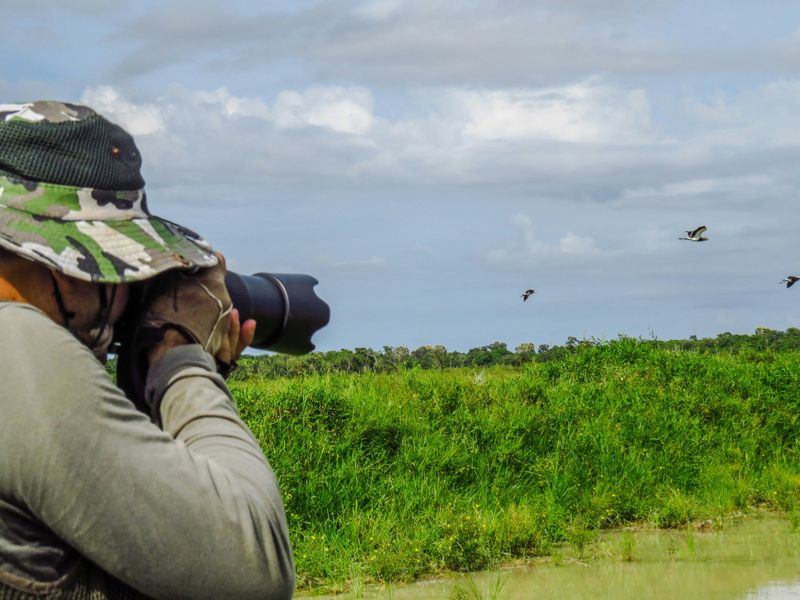
Birds are surprisingly fashion-conscious. Bright clothing can startle them, sending them into hiding.
Opt for muted, earth-toned attire to blend into the environment. This allows you to observe without becoming the center of avian attention.
Experts often emphasize clothing as a key factor, sometimes more crucial than gear. Camouflaging into your surroundings can lead to more intimate bird encounters, transforming your outing into a silent dance with nature.
Forgetting to Stay Quiet
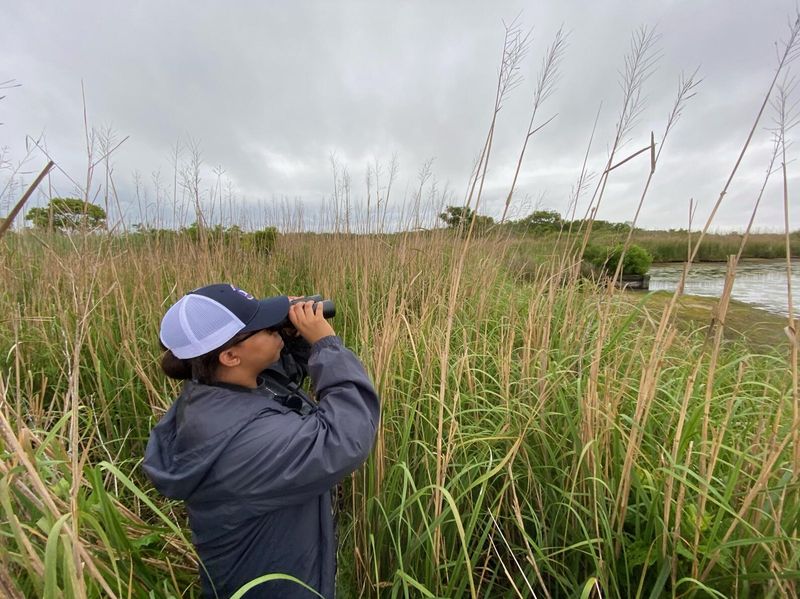
Birdwatching demands a level of tranquility. Forgetting to keep noise to a minimum can send birds fleeing.
Silence, or even whispered conversations, can make all the difference between a successful sighting and a missed opportunity. Birds are sensitive to sound, and even the rustle of leaves can be disruptive.
Many experienced birdwatchers adopt a stealthy approach, moving softly and speaking quietly, letting nature’s sounds guide the experience. Embrace the quietude and let the serenity enhance your observations.
Ignoring Birding Ethics
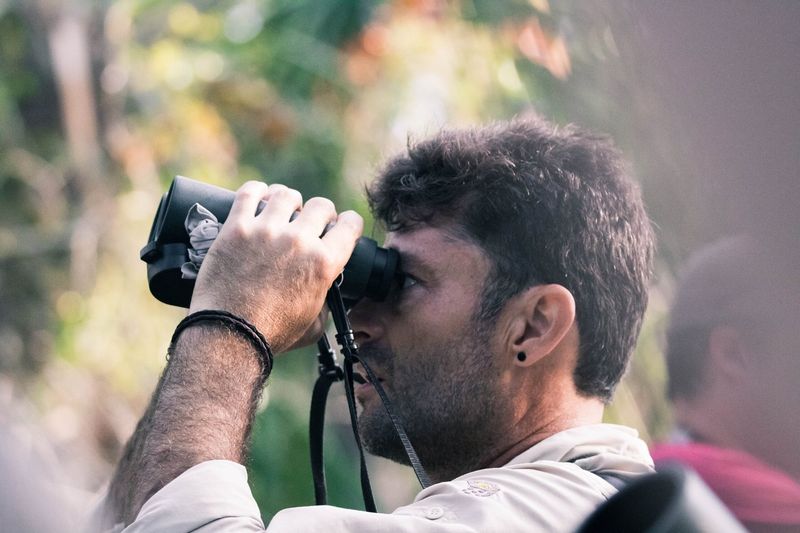
Birdwatching comes with responsibilities. Ignoring ethics can harm birds and tarnish the reputation of birdwatchers.
Respecting wildlife means keeping a respectful distance and avoiding disturbance to nests and habitats. Ethical birdwatchers follow guidelines that prioritize the well-being of birds over personal gain.
Approach birdwatching with a sense of stewardship, ensuring that your presence is non-intrusive. Remember, you’re a guest in their world, so tread carefully and observe with care.
Not Using Technology

In today’s digital age, technology can be a birdwatcher’s best friend. Some beginners hesitate to integrate gadgets into this natural pastime.
Apps can identify birds, track sightings, and even simulate calls. They aid in learning and make the hobby more interactive and engaging.
Embrace the tools at your disposal; they can transform a solitary pastime into a connected community experience. Technology bridges the gap between tradition and innovation, enhancing both enjoyment and knowledge.
Misidentifying Species
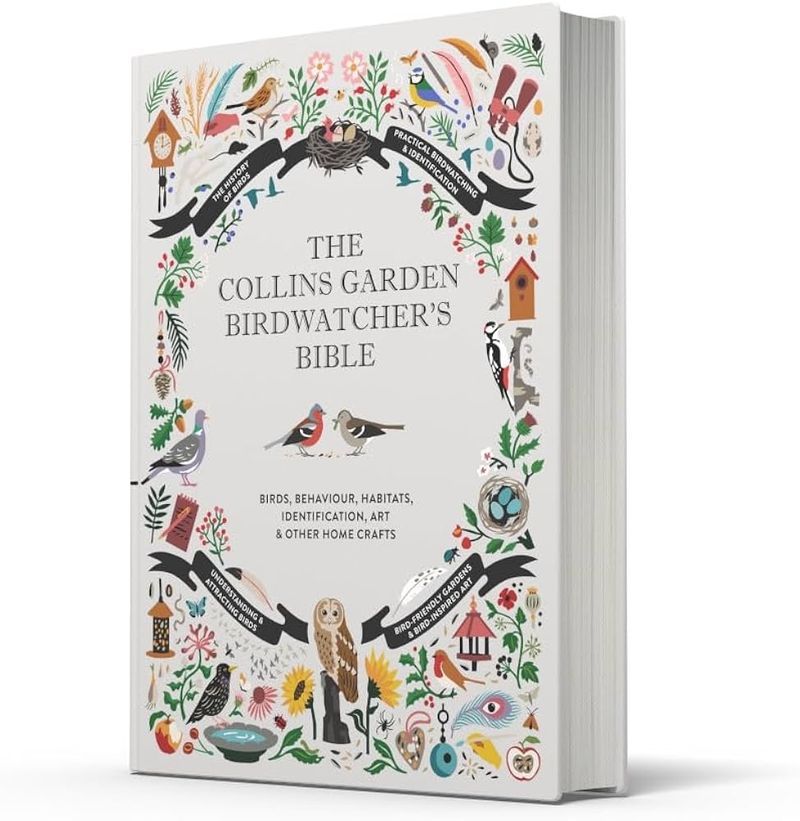
Misidentifying birds can be a common beginner’s blunder. With so many species, it’s easy to get it wrong.
Invest time in learning distinguishing features, such as plumage patterns and flight behaviors. Birding guides and apps provide essential clues, reducing the chances of mistakes.
Accuracy brings satisfaction and a deeper understanding of avian life. Over time, your identification skills will sharpen, turning guesswork into expertise. It’s a journey of continual learning, with each correct identification being a rewarding achievement.
Overlooking Seasonal Changes
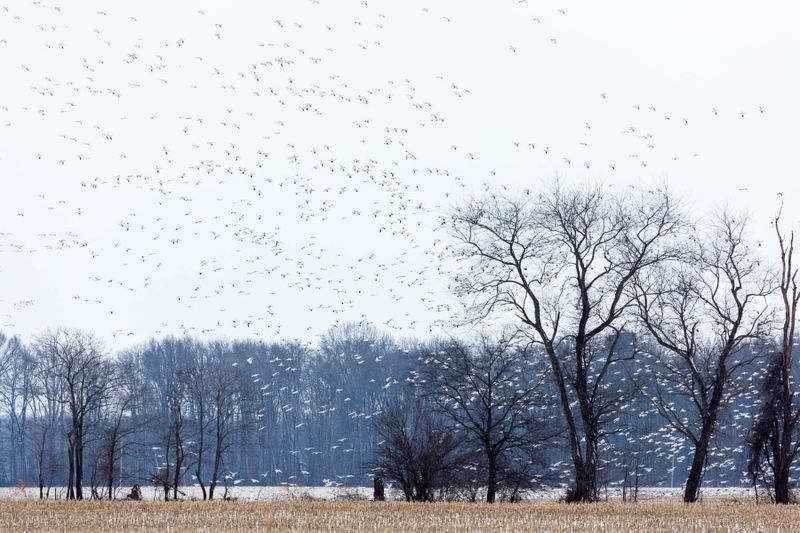
Birdwatching is an ever-changing activity, influenced by the seasons. Overlooking these changes can limit experiences.
Birds migrate based on temperature and food availability, offering unique viewing opportunities throughout the year. Familiarize yourself with local migration patterns to maximize sightings.
Expert birdwatchers anticipate these shifts, eagerly awaiting the return of seasonal visitors. Each season brings its own charm, with new species to discover and admire. Be aware, and let the seasons guide your adventures.
Not Joining Birdwatching Groups
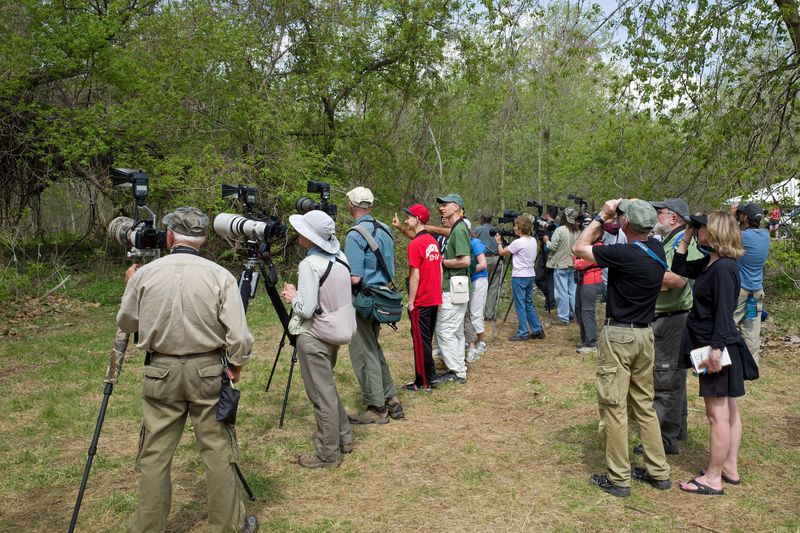
Birdwatching is often more enjoyable with company. Many beginners overlook the benefits of joining local groups.
These communities offer shared knowledge, camaraderie, and often access to exclusive birding locations. Field trips with experienced birdwatchers are not only educational but also inspiring.
Build connections and learn from those with a passion for avian life. Group birdwatching can transform solitary pursuits into vibrant social experiences, enriching your understanding and love for birds.
Failing to Prepare Properly

Being unprepared can turn a delightful outing into an ordeal. Many beginners forget essentials, like snacks or water, when planning their birdwatching trips.
Preparation ensures comfort and allows you to focus on spotting birds rather than your growling stomach. A checklist can help, including items like maps, notebooks, and first aid supplies.
Equip yourself for success, and your birdwatching adventures will be much more enjoyable. Planning ahead is key to relishing nature’s wonders without unnecessary distractions.

